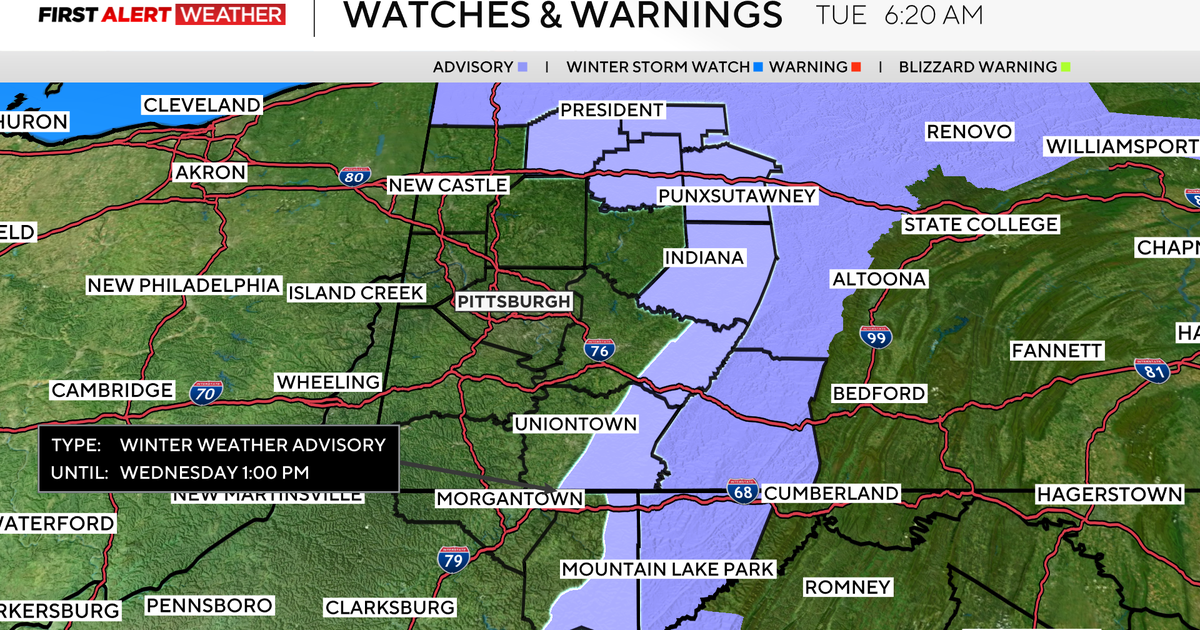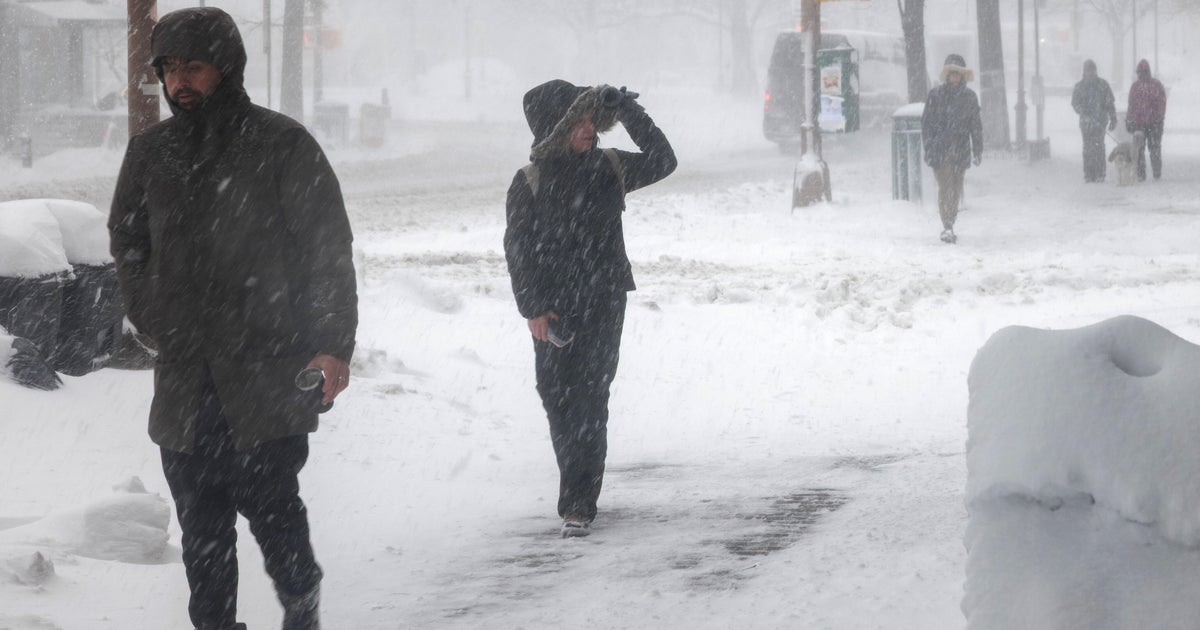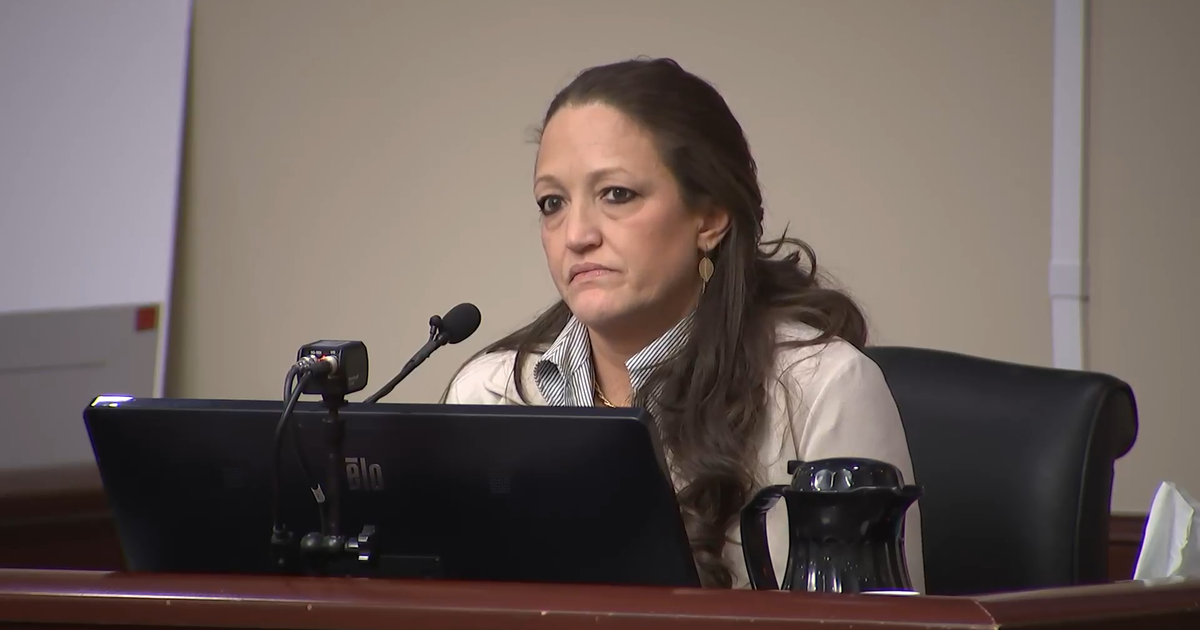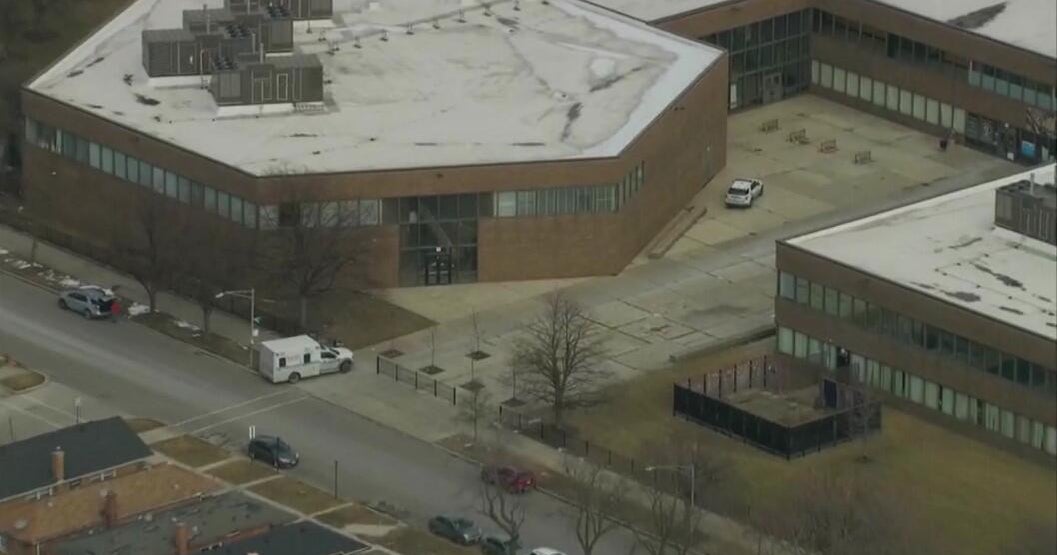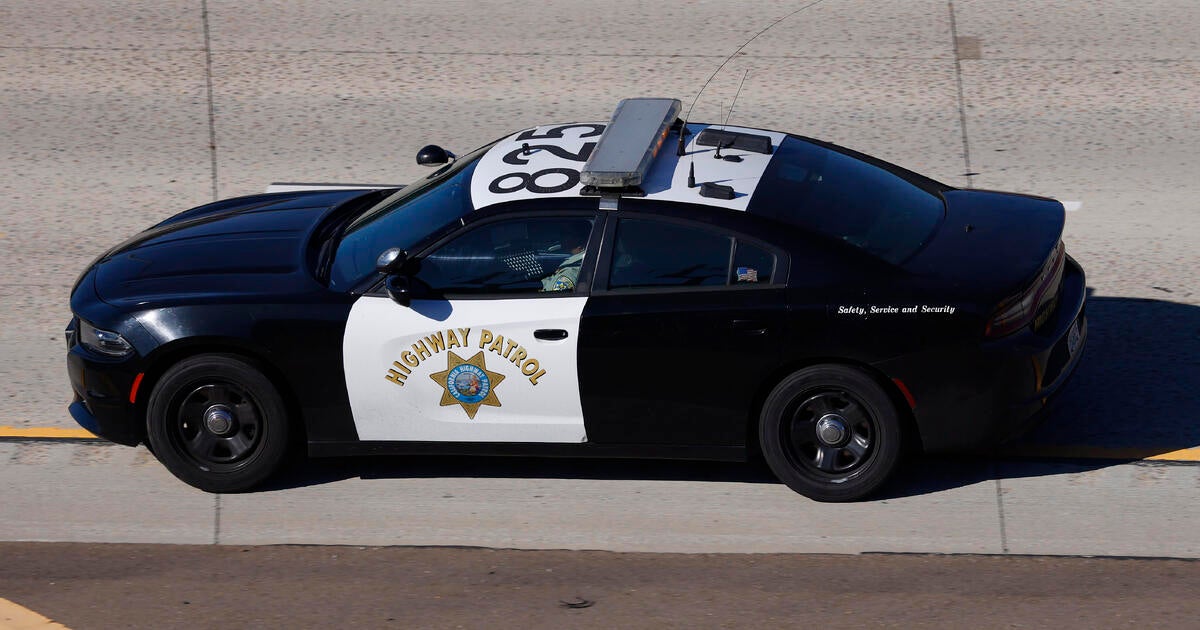Organizations working to reduce absenteeism in Pittsburgh Public Schools
PITTSBURGH (KDKA) — Absenteeism is a huge problem in Pittsburgh Public Schools, with one-third of students missing an average of 10% of the school year.
The pandemic exacerbated the problem, and now a bus driver shortage is causing transportation challenges too. But A+ Schools and other organizations are working to help families and get kids in the classroom every day.
Most people picture kids getting to school on a school bus, but at Pittsburgh Arlington PreK-8, only about one-quarter of the kids get picked up on a bus. The rest are on their own.
Because of the bus driver shortage, Pittsburgh Public Schools expanded the distance for kids who do not get transportation from those who live within 1 mile to 1.5 miles.
Jerry Ross regularly drives his son to Pittsburgh Arlington PreK-8 and says of his son, "He's too small for it. So we drive to school every day."
When Frank Geyer was asked why he drives his grandson to school every day, he said, "I feel safer that way."
Father Terris Kirk said he drives his son "just because of how dangerous it is in the area with all the shootings and everything. I just don't trust him walking by himself."
At Pittsburgh Arlington PreK-8, about 225 kids either get a ride or walk, which can take up to 45 minutes and can be in bad weather.
Eleven-year-old Araya James walks to school and says, "I have to cross the road to get to the other side of the sidewalk sometimes.
James said there's often not a crossing guard at those intersections.
There are designated signs pointing out the best route for kids to take, but even those routes can be dangerous because sidewalks are often blocked by vehicles, and the other side of the road can be rocky, narrow and uneven.
Arlington's principal, Colleen Berezo, says, "I don't ever want a student to not come to school because of a barrier that we could help eliminate. So that's really our mission: What's causing the student to not come to school and how can we help solve that problem."
Berezo says safety and transportation are some of the biggest reasons their school has the highest absenteeism rate in the district. The chronic absenteeism rate went from 47% before the pandemic to 66% last school year, meaning two-thirds of students missed at least an average of two days a month or 18 days in a school year, whether it's excused or unexcused.
But Berezo says the numbers are already improving since they implemented several strategies this fall. A+ Schools, in partnership with the Brashear Association, used a grant to buy a van and pay for a driver that transports about 25 kids a day. Officials have a second van ready to go as soon as they can get another driver.
In addition, parents across the district are getting letters in the mail with a gentle reminder about how many days their child has missed. Parents can also get texts that include links to resources for help. This program through Everyday Labs has been shown to reduce absenteeism by 10 to 15% in other districts.
The goal is to get kids in school and learning. Danielle Gill works as a community school site manager at Arlington for Pittsburgh Public Schools and says, "We want to make sure our students are present in school, especially after the pandemic. A lot of learning loss happened, so we want to make sure our students are getting exactly what they need academically and they're in school every day."
Another strategy Pittsburgh Arlington PreK-8 is implementing is called "Adopt a Nana." The surrogate Nanas, mostly seniors, text or call the families before school to encourage kids to attend school and help address any issues that may arise.
For more information and resources for Pittsburgh families who may be struggling to get their kids to school, whether it's because of transportation or other reasons, the Pittsburgh Learning Collaborative Family Hotline can help.
For support in Spanish, call (412) 335-7446. For support in English and all other languages, call (412) 256-8536. The hotline accepts calls 24/7.

